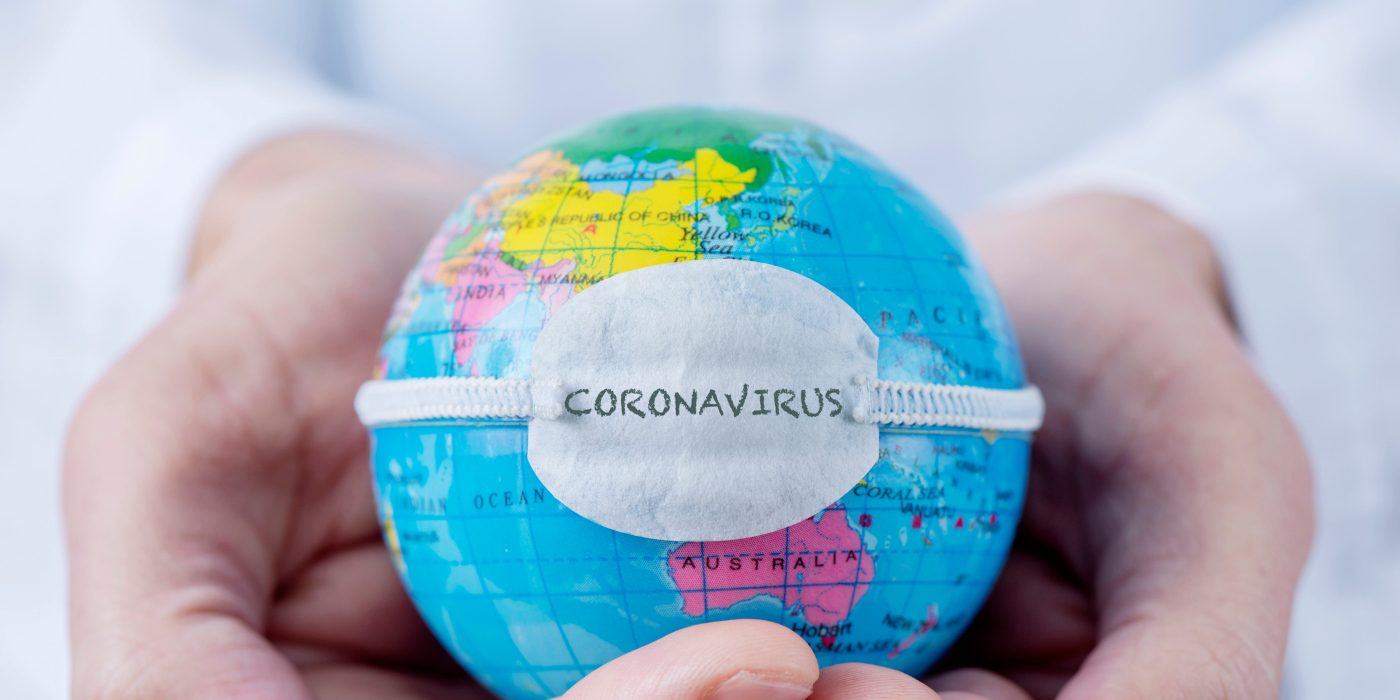
Maintaining your mental health during the ‘infodemic’
Srilatha Paslawar, Research Fellow with the Mental Health Team at The George Institute India, provides some guidance on how to stay mentally healthy in the face of the COVID-19 ‘infodemic’ gripping the country.
The second wave of COVID-19 has hit India like a storm, or rather a tsunami, and patients are fighting for each breath, with a large number of them succumbing to the disease. There is overwhelming stress among caregivers, strain on the health system, and a constant threat of infection among the health care warriors working so hard every day to keep us safe.
The whole country is focussed on the transmission of this brutal virus but there is another hidden pandemic that we are neglecting - the mental health damage that this disease is inflicting on millions of people across the country.
Every day, we are bombarded with information about COVID-19 cases and the rising numbers of infections and deaths, but what about the hidden numbers of people suffering from anxiety, stress, depression and other mental illnesses?
All this ‘unseen’ suffering has led to increased alcohol and drug abuse, insomnia and domestic violence – much of which is hidden from the public eye.
Take my parents for example, who have received their vaccine. They are alone in my hometown and have not gone anywhere since March 2021. My father spends the time watching television, particularly news, and on WhatsApp. I regularly connect with them by phone or through video calls and can sense the extent of the fear and loneliness they are experiencing.
It’s a very tough task to try to help them through such feelings.
Responsible use of social media
Social media is an effective mode of communication that can target larger populations, but the information provided should be clear, evidence-based and provide constructive and positive calls to action.
Public messaging during a pandemic should motivate people to adhere to the correct health advice and also have a positive impact on their mental well-being. A lot of authentic and useful materials have been developed by the Ministry of Health and Family Welfare, the Indian Council of Medical Research, and other governmental and non-governmental websites.
We all need to be careful when accessing information and only share material from recognised sources which are evidence-based and up to date. A large part of society has limited access to accurate information on COVID-19, newly identified variants and their health effects. These people are also exposed to an overwhelming amount of sometimes conflicting information, or misinformation, leaving them confused and often frightened and anxious.
Please be careful with what you share online and always check the sources of the information.
We should help and support each other during these extremely challenging times. We should get involved and help our relatives and friends by forming small WhatsApp groups if someone is in need of assistance or hospitalisation. These groups can also be used to share accurate information about how to manage COVID-19 and home-based care options but also to share tips about maintaining mental health.
Help your neighbours if they are affected and support them with information about available health care options. Last year, when my husband and I had COVID-19 and were isolating at home, a neighbour provided assistance, which helped a great deal.
What we observe, what we hear, what we discuss and what we share online all has a huge impact on our day-to-day lives and our subconscious minds. Try not to add to the ‘infodemic’ and only pass on information from trusted, reliable and evidence-based sources.
When we engage in positive activities like exercise, meditation, reading a good book, gardening or watching a good movie, we will generate and emit positivity both within ourselves and among those around us, whether they are immediate family that are physically present, or people online in a WhatsApp group.
Connect with family members and friends virtually. Take care of your family and elderly relatives. Try to understand how this situation may be impacting the children.
We may need to stay physically distant for now but that does not mean we have to be socially distant.
Above all, stay safe, stay healthy, both physically and mentally, and stay vigilant.

